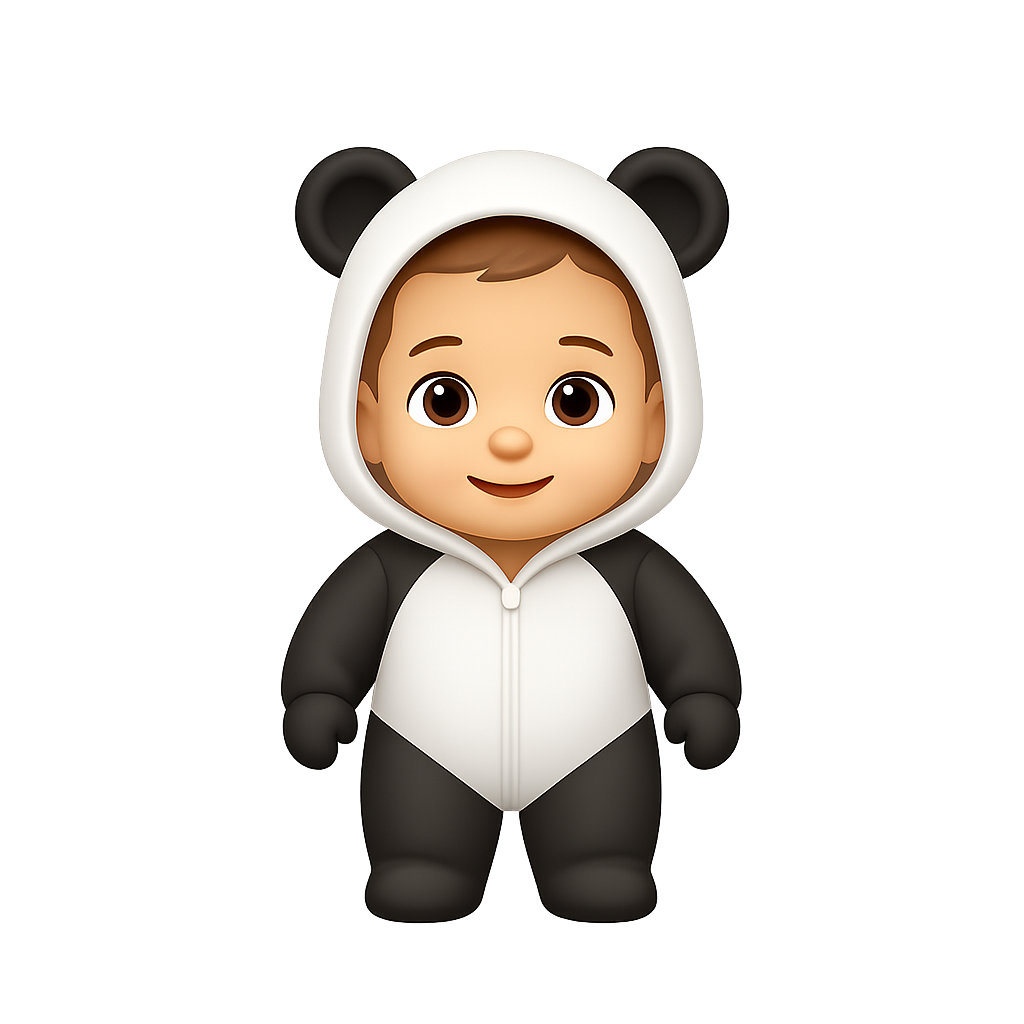Genetics vs AI Prediction: What Scientists Say About Seeing Your Future Baby
The intersection of genetics and artificial intelligence has opened fascinating possibilities for predicting what your future baby might look like. But what do actual scientists think about this technology? In this in-depth exploration, we examine the perspectives of geneticists, AI researchers, and family planning experts on the accuracy, ethics, and future of baby prediction technology.
What Geneticists Tell Us About Heredity
Geneticists explain that predicting a baby's appearance involves understanding complex inheritance patterns governed by hundreds of genes. Some traits follow straightforward Mendelian genetics, where dominant and recessive alleles determine outcomes. However, most facial features result from polygenic inheritance, where multiple genes work together to create the final characteristic.
The science of heredity reveals that facial features aren't randomly blended but follow observable patterns. Geneticists have identified that certain structures, like the shape of the jawline or the distance between the eyes, show strong heritability. However, they also caution that environmental factors, random genetic recombination, and complex gene interactions create significant variability in predictions.
AI Research and Pattern Recognition
Artificial intelligence researchers approach baby prediction as a pattern recognition problem. Their systems learn from vast datasets of family photos to identify which features are most likely to be inherited and in what combinations. Machine learning algorithms excel at finding subtle correlations that might not be immediately obvious to human observers.
AI researchers note that their models can identify complex relationships between parental features and offspring characteristics. These relationships might involve non-linear combinations where traits don't simply average out but interact in sophisticated ways. The key insight from AI research is that appearance prediction involves understanding probabilistic patterns rather than deterministic rules.
Accuracy Perspectives: What Can We Really Predict?
Scientists agree that certain features are more predictable than others. Bone structure, including the shape of the jaw, cheekbones, and overall facial architecture, tends to show strong genetic patterns. These structural features often provide the most accurate predictions in AI systems because they're determined by genetics rather than environmental factors.
However, scientists caution that precise details like exact eye color, hair color variations, or specific facial expressions are harder to predict with certainty. These traits involve complex gene interactions and can be influenced by environmental factors, random genetic variation, and other variables not captured by facial analysis alone.
The Ethics of Prediction Technology
Bioethicists and family planning experts raise important considerations about AI baby prediction technology. They emphasize that these predictions should be viewed as entertainment and curiosity rather than definitive outcomes. The concern isn't just about accuracy, but about how families might use or potentially misuse these predictions.
Experts stress the importance of privacy protection, ensuring that photos and genetic information are handled securely. They also emphasize that predictions shouldn't influence family planning decisions in harmful ways, and that families should maintain realistic expectations about what AI can and cannot tell them about their future children.
Practical Applications in Family Planning
Family planning specialists note that AI baby predictors can serve valuable purposes beyond mere curiosity. For families struggling with infertility or considering adoption, these visualizations can provide emotional comfort and help families bond with the idea of their future child. The technology has been particularly meaningful for military families, long-distance couples, and others facing separation during pregnancy planning.
Healthcare professionals acknowledge that while AI predictions aren't medical tools, they can potentially support emotional wellbeing and family preparation. Some couples report that seeing possible outcomes helps them feel more connected to the pregnancy journey and more prepared for their baby's arrival, psychologically speaking.
Current Limitations and Future Possibilities
Scientists universally acknowledge the current limitations of AI baby prediction. The technology works best for dominant structural features and is less reliable for predicting exact colors, textures, or nuanced characteristics. Multi-ethnic families may face additional challenges as training data continues to expand in diversity.
Looking forward, researchers are exploring the integration of actual genomic data with facial prediction algorithms, which could potentially improve accuracy significantly. However, this raises additional privacy and ethical concerns that the scientific community continues to debate. The consensus is that we're in early stages of a technology with substantial potential for both innovation and responsible development.
A Balanced Perspective from the Experts
The consensus among scientists is that AI baby prediction is a fascinating application of technology that combines the best of genetics, artificial intelligence, and human curiosity. While it offers legitimate scientific insights into heredity and pattern recognition, it's important to maintain realistic expectations about accuracy and applications.
Experts emphasize that these predictions should enhance rather than replace the natural wonder and unpredictability of pregnancy and parenthood. The technology provides probabilities and possibilities, not certainties. What makes it valuable is its ability to help families connect with the idea of their future child while respecting the beautiful complexity of human genetics.
RELATED ARTICLES
How AI Baby Generator Technology Works: The Science Behind Future Baby Predictions
Discover the fascinating science behind AI baby generators. Learn how machine learning algorithms analyze facial features, genetics, and advanced computer vision to create realistic baby predictions.
How Accurate is AI Baby Prediction? Science-Backed Answers
Discover the accuracy of AI baby prediction technology. Learn what science says about predicting your future baby's appearance, how accurate AI generators are, and what factors affect prediction quality.
